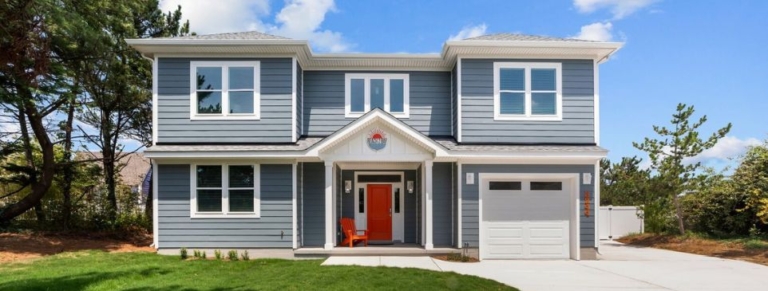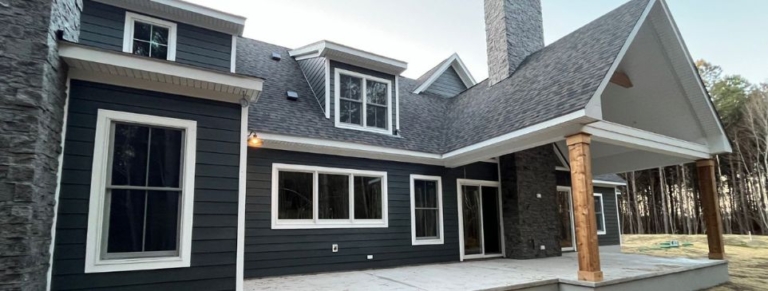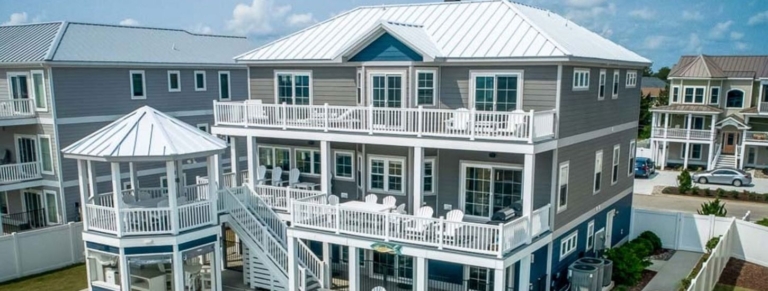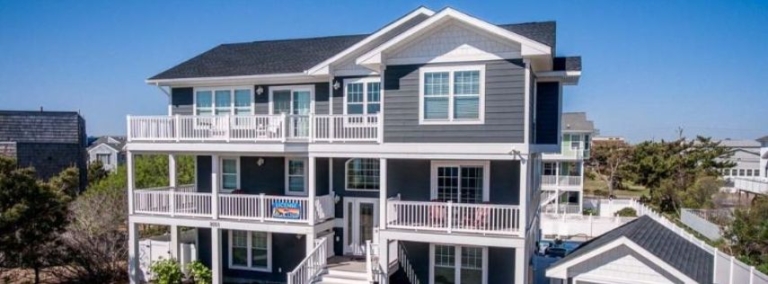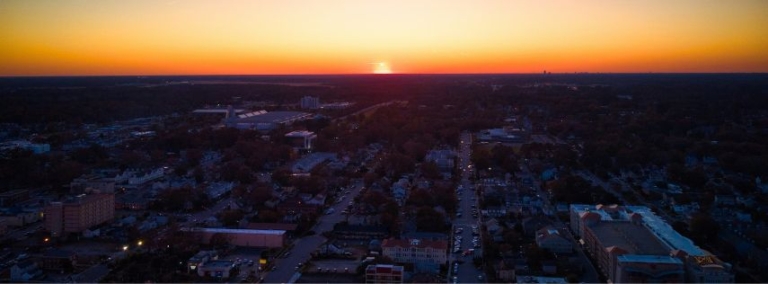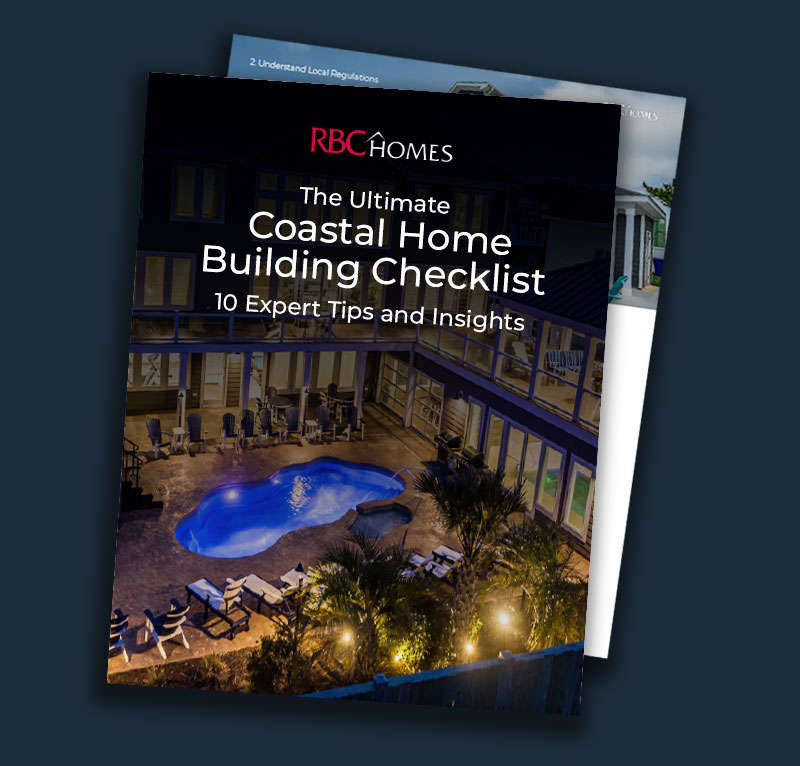Seasonal Home Maintenance – Keep Your Property Safe All Year
Regular home maintenance is essential for keeping your property in top condition and preventing costly repairs. Here’s a list of the key seasonal maintenance topics covered in the article: To help you stay on track, here’s a quick overview of the key tasks to tackle throughout the year. The table below provides a seasonal breakdown […]
